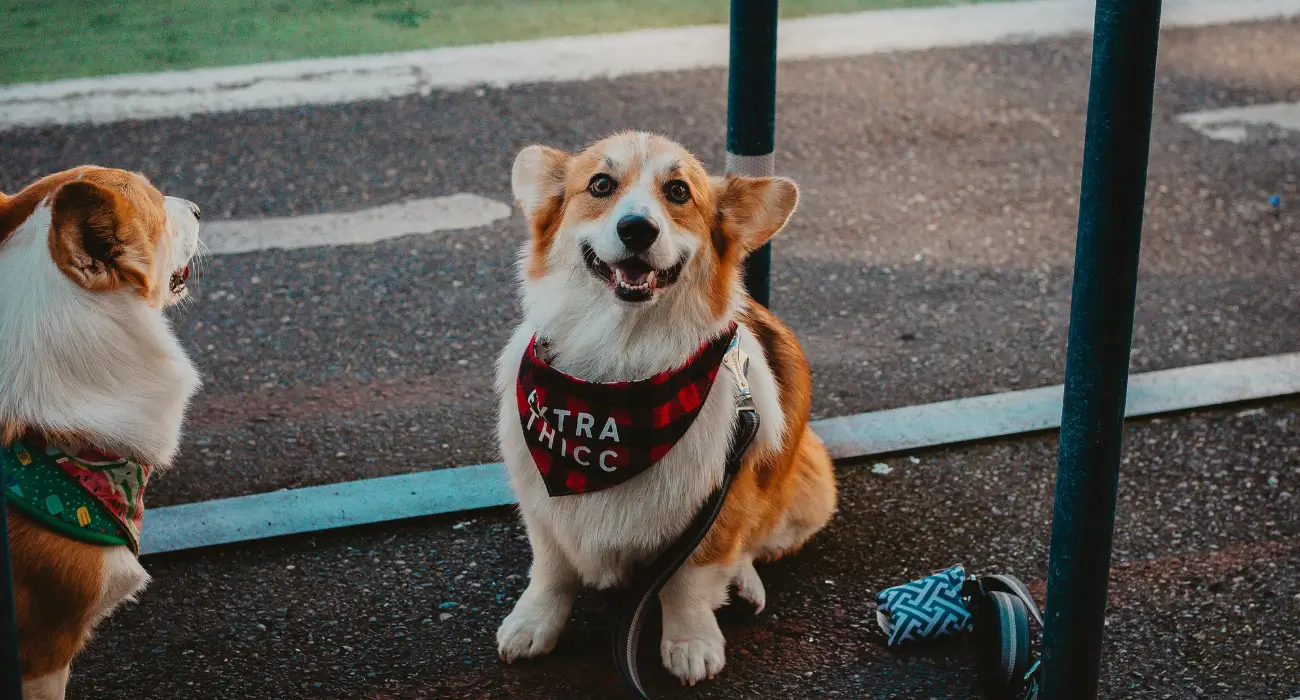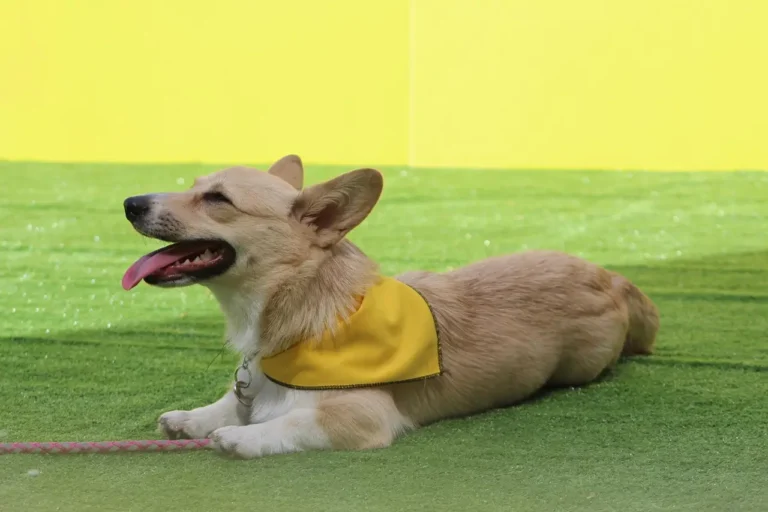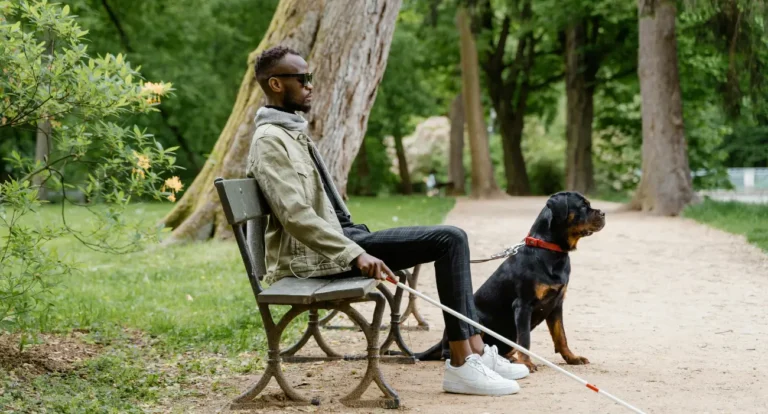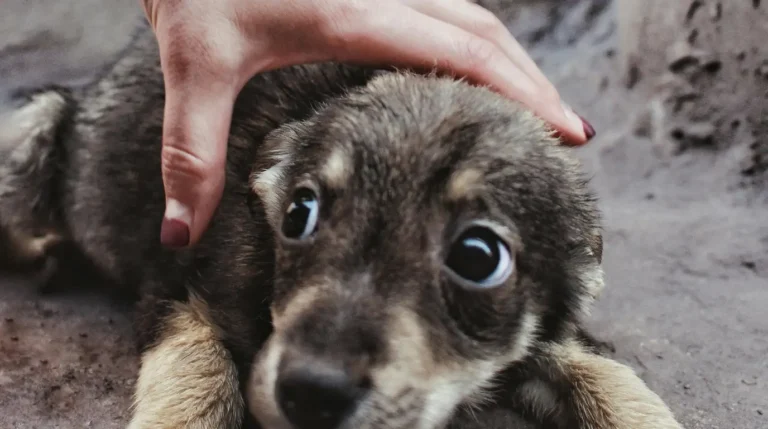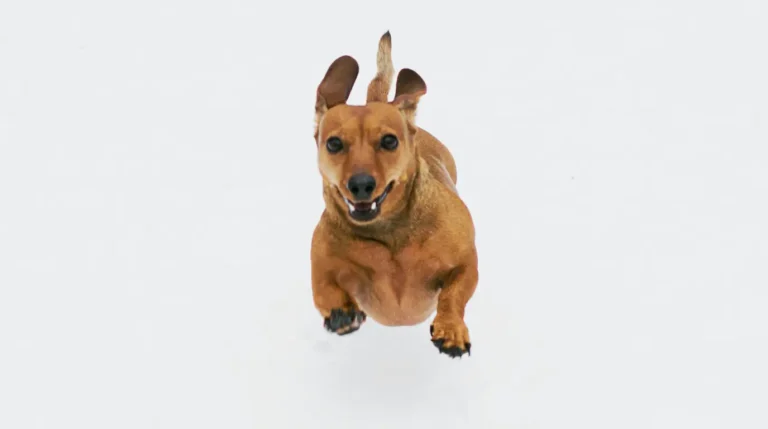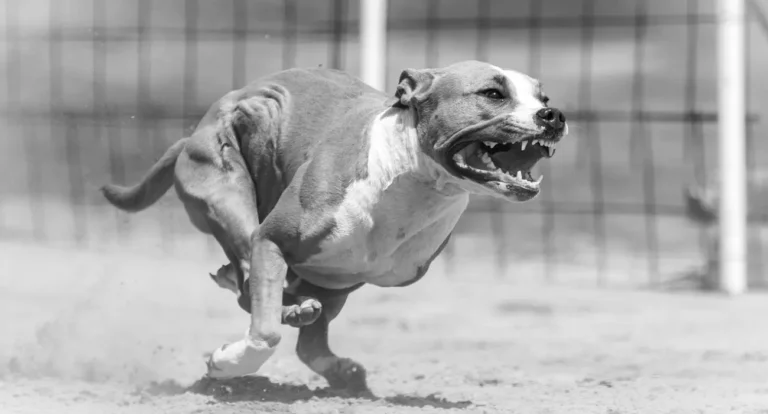Corgi Puppy: 7 Essential Training & Care Tips for a Happy, Well-Behaved Pup
Were you aware that Corgi puppies are some of the most lively and smartest of the small dog breeds? With their adorable short legs and animated faces, it is no wonder that Pembroke and Cardigan Welsh Corgis have stolen the hearts of many worldwide. Yet, raising a Corgi puppy can come with its challenges – especially with training, exercise, and health care.
Many new owners misunderstand the high energy level and instinctive herding behaviors of Corgi puppies, which can lead to behavioral problems. In this article, we will offer seven tips on training and care to help your Corgi puppy grow to be a well-behaved, happy, and healthy adult dog.
Table of Contents
Corgi Puppies have a Glorious Background Corgis have a long history as herding dogs in Wales and are known for their agility, intelligence, and loyalty. Today, they are popular family dogs, but still have a working-dog mentality. Having a Corgi puppy is a lifestyle. They require mental stimulation, regular exercise, and an early foundation of socializing in order to be happy and healthy dogs.
Whether you’ve had a Corgi before or you’re a new Corgi owner trying to figure out your training approach with your pup, keep reading to use these tips for a successful experience with your Corgi puppy.

7 Important Training and Caring Tips with Your Corgi Puppy
1. Start Training Early
Corgis are eager learners and pups will often develop stubborn habits if you wait too long to train them.
Basic Commands / Behaviors: The most important commands/behaviors to teach your pup to early on are, “sit,” “stay,” and “come.”
Positive Reinforcement: Make sure to treat or praise your Corgi puppy for any time they follow a command.
Consistency: The most effective training sessions with your Corgi puppy are short sessions every day (5-10 minutes in length).Pro-Tip: Corgi dogs are very responsive to clicker training.
Clickers are a very effective tool to reinforce desired behaviors.
2. Socialize Your Corgi Puppy
It is essential to socialize your puppy early in their lives to help with fears and aggression. Early socialization prevents fearfulness and aggression later in life.New Places: Expose them to many new things, specifically sounds, people, or animals.
Puppy Classes: Puppy classes are great way to interact your Corgi puppy to play with other puppies in controlled environment with a knowledgable instructor.
Positive Experience: You need to counter retrieve all calm behavior once in new situations however with treats or praise.
Common Mistake: Often, new Corgi puppy owners take their pups on walks but do not let the scare of new people, dogs, noises in the environment around them. Eventually, this can lead your puppy to developing behaviors of being anxious or reactive to new sounds, dogs, or people.
3. Managing Their High Levels Of Energy
Corgis were bred for cattle herding – they require a lot of exercise!
Daily walks: 30 to 60 minutes of walking per day.
Mental stimulation: puzzle toys, agility-training, or games of hide-and-seek for example.
Avoid strenuous activities: for their short legs, jumping may not be the best way to exercise your dog.
Data Insights: A study at the University of Bristol found that dogs with increased mental stimulation on a daily basis showed fewer behavioral problems involving destructive actions.
4. Help Them Maintain a Healthy Weight Rather Than Your Regular Corgi Diet
Due to Corgis’ predisposition to weight gain causing strain in their spine and joints,Portion-control is key: Follow your vet’s guidelines for feeding your dog, in terms of how much to provide.
It is a good option to choose high-quality dog food, using grain-free, protein, and high arginine content.
Use treats in moderation: rewarding your dog with small amounts of healthy food (treats) is helpful during training and discipline.
Pro-Tip: Rather than involuntarily overfeeding, you can measure portions of food, to get a more accurate representation of how much food your dog is consuming, instead of free-feeding.
5. Grooming and Shredding
Corgis shed a substantial amount, as they have a double-coat.
Brushing: At least 2-3 times per week (As a side note to consider, brushing daily during shedding season is more manageable, or trying your best to maintain their coat).
Bathing: Bath your dog only when necessary (to not over-dry your dog’s skin and coat).
Nail trimming: Consider a nail-trim session once a month to get longer-lasting effects and a healthier experience for your dog.The common mistake is failing to groom your Corgi at all, an issue which can lead to matting hair and extreme shedding!
6. Keep a Close Eye on Herding Instincts
There’s a considerable chance that your new Corgi will nip at heels or otherwise try to “herd” children or other pets in the home.
Redirect the Behavior: For nipping, it’s best to distract the new Corgi with a toy rather than trying to scold them.
Teach Them “Leave It”: Teaching your Corgi the command “leave it” (especially if you have kids who may have a toy that the Corgi wants) will help with unwanted chasing behavior.
Supervise: Make sure to supervise any playtime, especially with small children. Expert Tip: The American Kennel Club (AKC) instructs you to allow your Corgi to play with other dogs in a controlled environment.
7. Regular Vet Visits and Health Observations
Many Corgis are susceptible to specific health problems.
Hip Dysplasia: A common health issue with many dwarf dog breeds—keeping their weight down is best.
Degenerative Myelopathy: A genetic condition; make sure you inquire with your breeders about testing.
Eye Problems: Take your dog to the vet often so the vet can look for early detection. According to the Orthopedic Foundation for Animals (OFA), 20% of Corgis experience hip dysplasia.

Errors to Avoid When Raising Your Corgi Puppy:
Skipping training/sessions This develops stubbornness and continues bad habit.
Not giving enough exercise Unfortunately, this leads to destruction. Excessive food amounts This leads to obesity and joint issues.
Not socializing enough Dogs that are not socialized may develop fear based aggression.
Tips and Best Practices:
Puzzle feeders – This will stimulate their minds.
Crate train – Will make house training easier and give them comfort/security.
The “off” command – This command will help discourage them from jumping on your furniture.
Join community of Corgi owners – Will gain access to a wealth of breed specific advice.
FAQs:
Are Corgis easy to train as puppies?
Yes and No! Corgis are highly intelligent but but require consistency and positive reinforcement to train effectively.
How much exercise do Corgi puppies need?
Corgi puppies require at least 30-60 minutes of exercise daily, as well as exercise for their mind!
Do they bark and make a lot of noise?
Corgis can be very vocal, teaching them the “quiet” command is essential.
Are Corgis good with children?
Yes, but it is important to supervise them as they may still have a lot of their herding instinct.
Conclusion
Taking a Corgi puppy home can be a gratifying experience, and if you spend the time to train your Corgi properly (and give him proper care), he will grow into a loving, well-mannered companion. Below are a few tips to help your adorable little friend stay happy and healthy!

